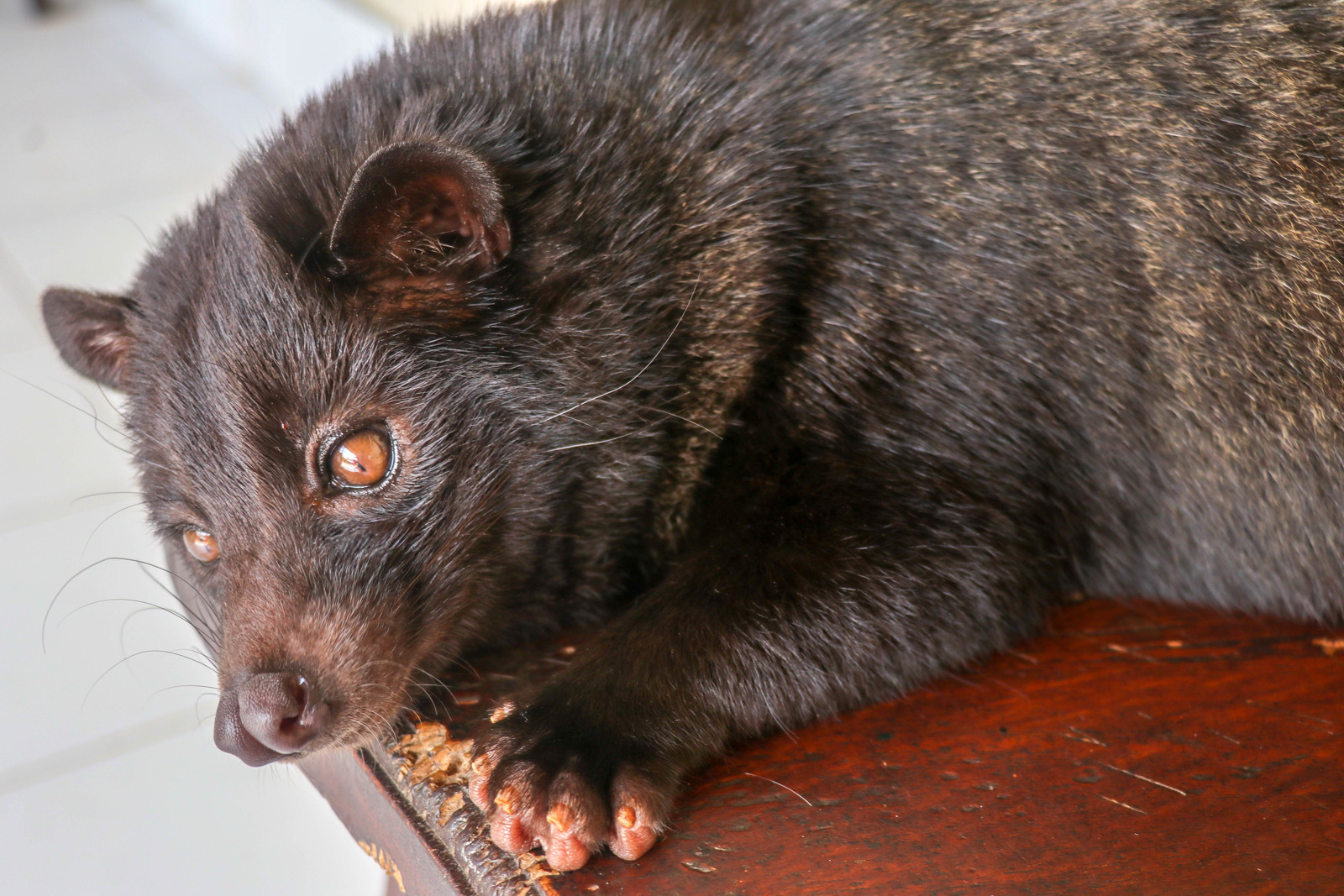The Ethical Concerns and Myths Surrounding Kopi Luwak Coffee

Understanding Kopi Luwak: A Unique Coffee Experience
When it comes to specialty coffee, few varieties are as intriguing—or controversial—as Kopi Luwak coffee. Originating from Indonesia, this coffee is made using beans that have been eaten and excreted by the Asian palm civet. The purported advantages include a smoother taste and a unique flavor profile, making it one of the most expensive coffees in the world. However, it's important to understand what sets Kopi Luwak apart, beyond its exotic origins. It’s the fermentation process that the beans undergo in the civet’s digestive tract that supposedly contributes to its unique taste.
As a coffee enthusiast, I find the allure of Kopi Luwak fascinating. Imagine the journey of these coffee beans as they transform into a beverage that captivates taste buds. While this may sound like a unique experience worth trying, it’s crucial to understand the full picture, including the ethical concerns that surround its production. In the following sections, we'll delve deeper into how this coffee is produced, the myths surrounding its quality, and what you should consider if you’re thinking about indulging in this specialty coffee.
The Production Process: From Bean to Brew
The Kopi Luwak production process is as unique as the coffee itself. It begins with coffee beans being consumed by the Asian palm civet. As these beans pass through the civet's digestive system, they undergo a fermentation process that alters their chemical composition. Once excreted, the beans are collected, thoroughly cleaned, and processed into the familiar coffee form.
While this may sound straightforward, it’s far from it. The controversial nature of this method has sparked debates around ethical Kopi Luwak sourcing and the overall Kopi Luwak production process. Unfortunately, many producers prioritize profit over ethical treatment of civets, leading to questionable practices.
For those considering an indulgence in Kopi Luwak, it's crucial to seek sources that prioritize ethical production. Some small-scale producers do focus on humane practices, allowing civets to roam freely and ensuring their well-being. Understanding these nuances will help you make an informed choice if you decide to try this luxury coffee.
Animal Welfare Concerns in Kopi Luwak Production
The ethical concerns surrounding Kopi Luwak coffee largely stem from the treatment of civets involved in its production. Unfortunately, the demand for this specialty coffee has led to exploitative practices where civets are often confined to small cages and fed an unnatural diet solely to increase production.
As a coffee lover and an advocate for ethical sourcing, this is deeply troubling. The living conditions for these animals in many facilities are far from humane, leading to physical and psychological stress. It’s crucial for consumers to be aware of these practices and the impact their choices have on animal welfare.
To address these issues, some ethical Kopi Luwak producers are adopting more responsible methods. These include allowing civets to live in their natural habitat and forage freely. By supporting ethical sourcing, consumers can enjoy their coffee knowing it hasn't come at the expense of animal welfare.
Debunking Myths: The Truth About Kopi Luwak Quality
Kopi Luwak coffee is often marketed as having unparalleled quality due to its unique production process. However, there are several myths surrounding this claim that deserve scrutiny. While the fermentation process may alter the beans, it doesn't necessarily translate to superior taste. In fact, many coffee experts argue that the quality of Kopi Luwak is inconsistent and heavily reliant on the original quality of the coffee beans used.
Furthermore, the high price tag associated with Kopi Luwak often leads to the misconception that it's the pinnacle of specialty coffee. But price doesn’t always guarantee quality. It’s essential for consumers to approach Kopi Luwak with a discerning palate and to research its production process.
Being informed and critical about these myths can lead to a more authentic coffee experience. If you’re truly seeking top-notch specialty coffee, there are numerous alternatives that don’t compromise on ethics or quality.
Sustainable Alternatives: Ethical Coffee Choices
For those interested in specialty coffee but concerned about the ethical implications of Kopi Luwak, there are sustainable alternatives that offer both quality and peace of mind. The specialty coffee market is rich with ethically-sourced options that prioritize sustainability and fair labor practices, ensuring a better deal for farmers and the environment.
Consider exploring single-origin coffees, which often provide a unique flavor profile while supporting ethical practices. Additionally, certifications such as Fair Trade and Rainforest Alliance can guide consumers toward responsible choices. These certifications ensure that the coffee beans are grown in conditions that respect both human and ecological welfare.
Ultimately, choosing sustainable and ethically-sourced coffee allows you to enjoy your brew without guilt. As consumers, we hold the power to drive change in the industry by supporting brands committed to ethical practices. It's time to savor coffee that aligns with your values and contributes to a better world.
See this link for more information - https://spca.org.sg/campaigns/issues-relating-to-kopi-luwak/

What Is Co-Fermented Coffee? Discover Its Unique Tastes

From Unexpected to Extraordinary: Unusual Coffee Additives You Must Try
